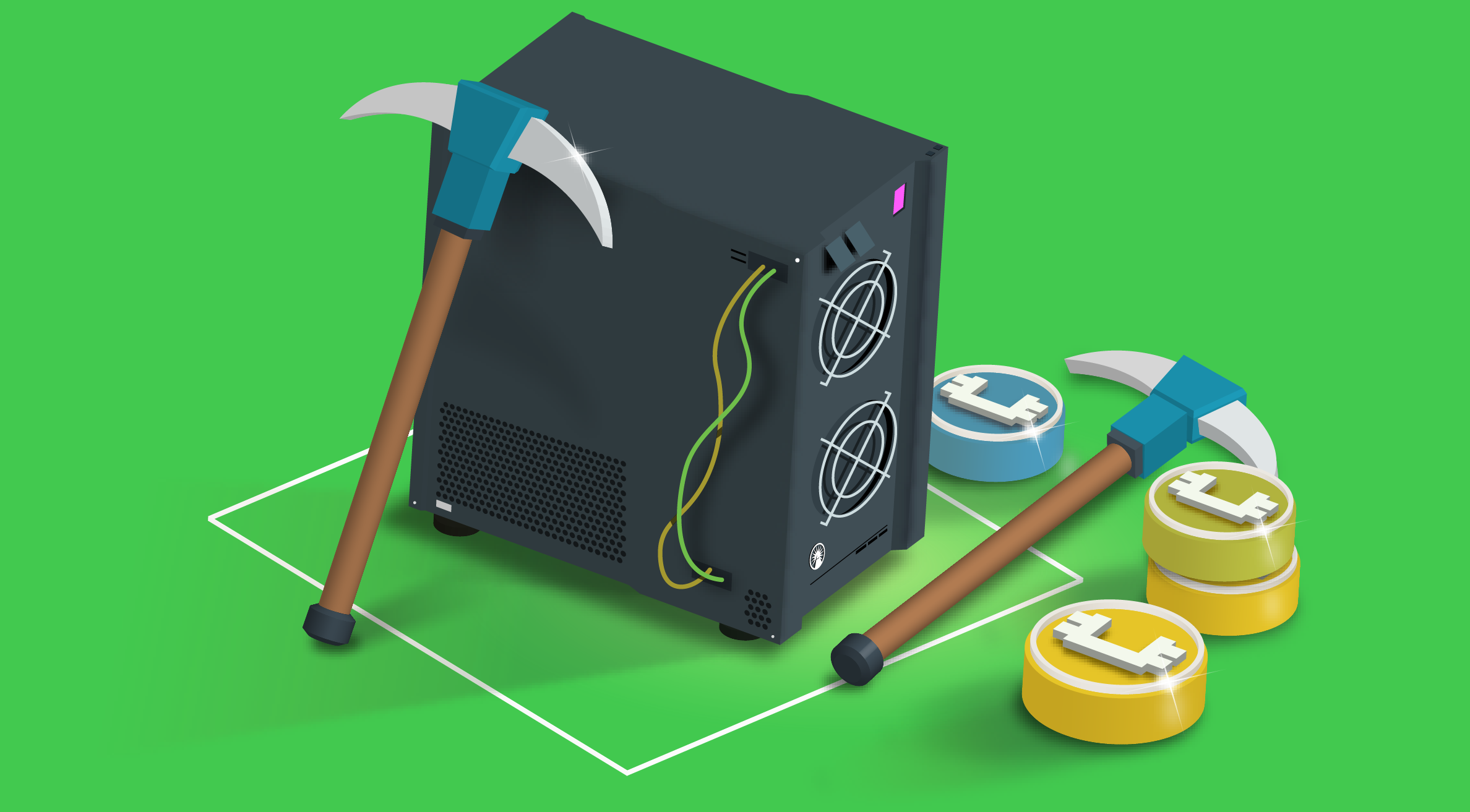Unearthing the Digital Gold: Exploring the World of Crypto Mining
Introduction
In the fast-paced world of cryptocurrencies, where digital assets like Bitcoin and Ethereum have taken center stage, there's a hidden process that powers these decentralized networks: crypto mining. Crypto mining, short for cryptocurrency mining, is the backbone of blockchain technology, enabling secure transactions and the creation of new digital coins. In this article, we will dive into the fascinating world of crypto mining, exploring what it is, how it works, and its impact on the global economy.
What is Crypto Mining?
Crypto mining is the process by which new cryptocurrencies are created and transactions are validated and added to a blockchain. It involves solving complex mathematical puzzles using powerful computer hardware. Miners compete to solve these puzzles, and the first one to succeed gets to add a new block of transactions to the blockchain, receiving a reward in the form of newly minted cryptocurrency and transaction fees.
How Does Crypto Mining Work?
- Proof of Work (PoW): The most common mining method used in cryptocurrencies like Bitcoin is Proof of Work. Miners use specialized hardware known as Application-Specific Integrated Circuits (ASICs) or Graphics Processing Units (GPUs) to perform complex mathematical calculations. These calculations require substantial computational power and energy.
- Validation: Miners validate transactions by ensuring that the sender has sufficient funds and that the transaction is legitimate. Once validated, these transactions are grouped together into blocks.
- Solving Puzzles: Miners compete to solve a cryptographic puzzle, typically a hash function, by finding a specific value known as the "nonce" that, when combined with the block's data, produces a hash with a certain number of leading zeros. This process is computationally intensive and requires miners to make numerous attempts.
- Adding Blocks: The miner who successfully solves the puzzle broadcasts their solution to the network. Other miners verify the solution's correctness. Once a consensus is reached, the winning miner adds the new block of transactions to the blockchain.
- Reward: In return for their efforts, miners are rewarded with newly created cryptocurrency coins and transaction fees. This process incentivizes miners to continue securing the network.
The Impact of Crypto Mining
Decentralization:
- Crypto mining decentralizes the control of digital currencies, preventing a single entity from dominating the network. This contributes to the democratization of finance and reduces the risk of censorship or manipulation.
Energy Consumption:
While crypto mining offers numerous benefits, it has also drawn criticism for its substantial energy consumption, particularly for PoW cryptocurrencies like Bitcoin. As a result, there has been a growing interest in more energy-efficient consensus mechanisms like Proof of Stake (PoS).
Economic Opportunities:
Crypto mining has created economic opportunities worldwide, as individuals and businesses invest in mining hardware and facilities. Some regions have even seen a boost in their economies due to the growth of mining operations.
Technological Advancement:
The quest for mining efficiency has led to technological advancements, such as the development of more efficient hardware and sustainable mining practices, which can have broader applications beyond crypto mining.
Conclusion
Crypto mining is the lifeblood of cryptocurrencies, providing security, decentralization, and economic opportunities. While it has faced challenges, including energy consumption concerns, it remains a vital component of the digital economy. As blockchain technology continues to evolve, the methods of crypto mining are also likely to adapt, potentially leading to more sustainable and energy-efficient practices. As we look to the future, crypto mining will continue to play a significant role in shaping the financial landscape of the digital age.



Comments
Post a Comment